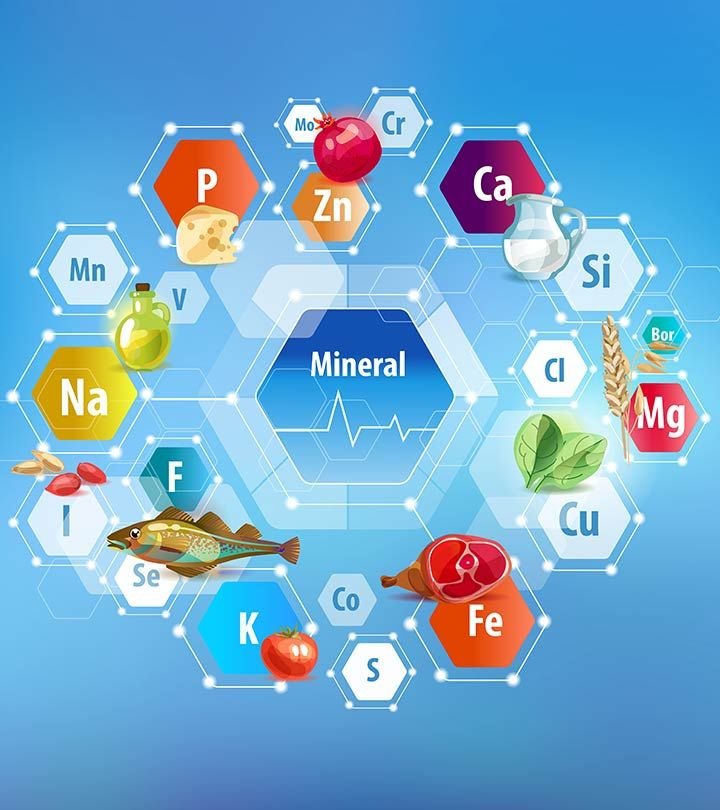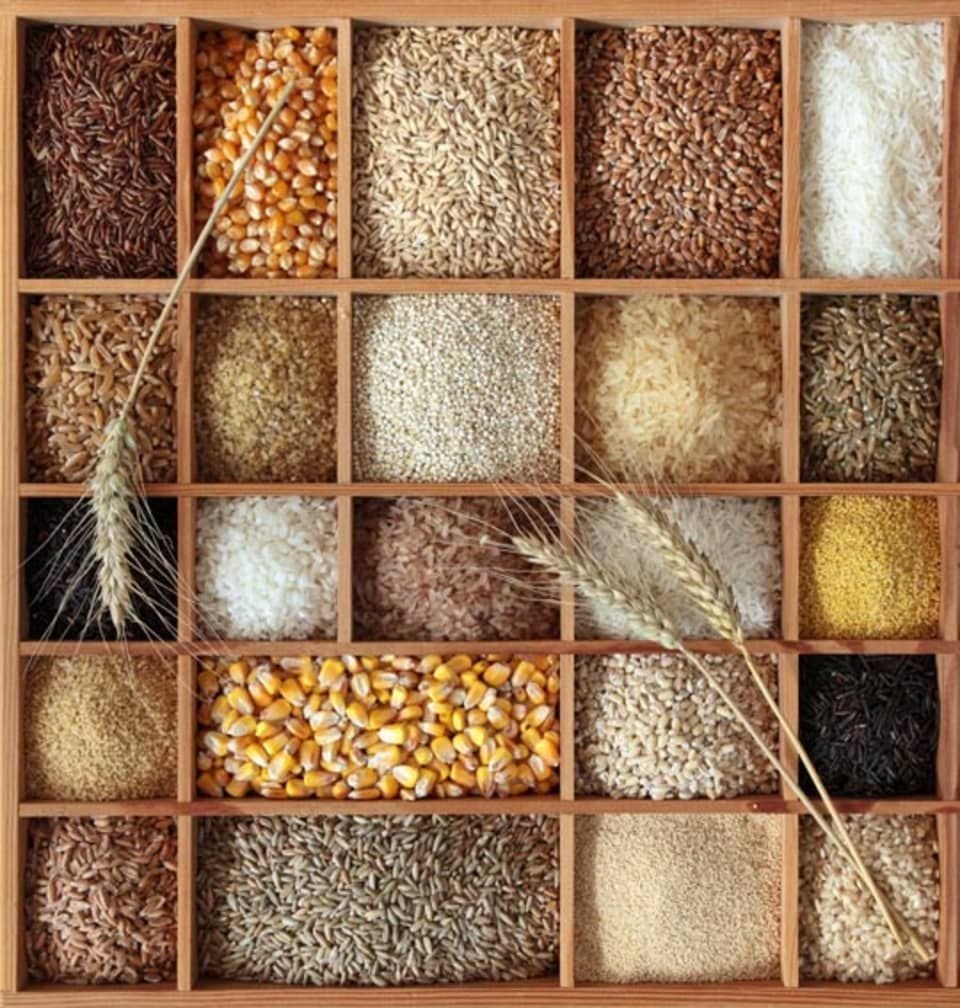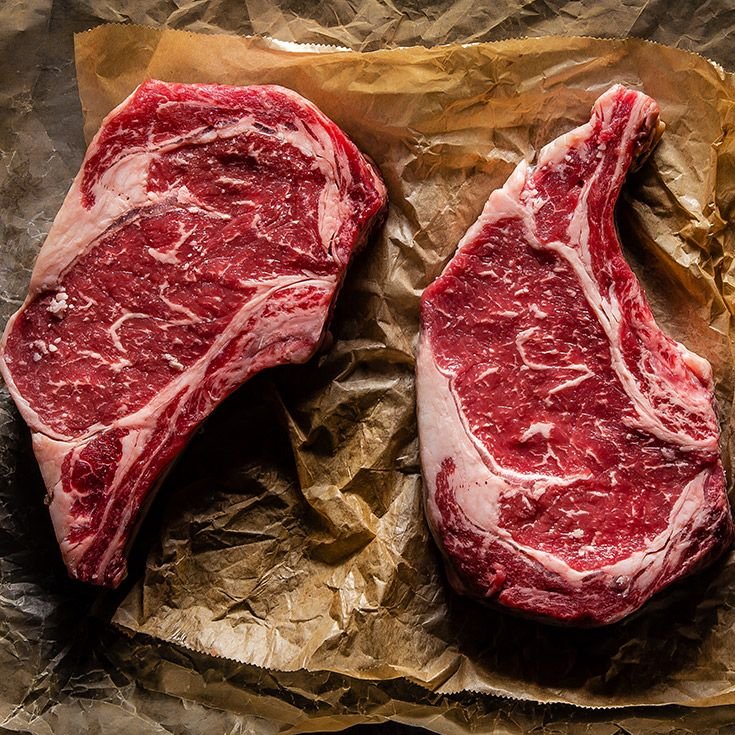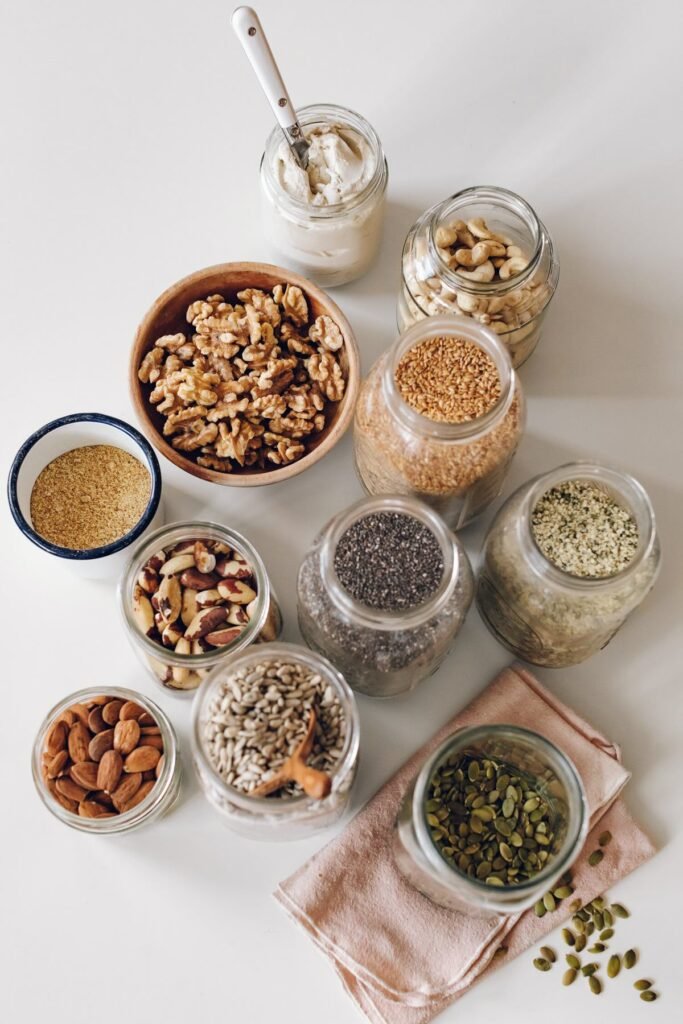10 Key Minerals to Boost Your Vitality: Stop Feeling Tired!

In our quest for good health and overall wellness, we often focus on macronutrients like proteins, carbohydrates, and fats. However, the importance of minerals in our daily diet cannot be overstated.
These essential nutrients play a crucial role in maintaining our body’s functions, from building strong bones to supporting our immune system. In this comprehensive guide, we’ll explore the list of minerals you should consider incorporating into your daily routine, their benefits, and how to ensure you’re getting enough of these vital elements.
Understanding Minerals: The Building Blocks of Health

Minerals are inorganic substances that our bodies require in very small amounts to function properly. They are divided into two categories: macrominerals and trace minerals. Macrominerals are needed in larger quantities, while trace minerals are required in smaller amounts. Both types are equally important for maintaining good health and preventing various health problems.
Macrominerals: The Foundation of Bodily Functions

1. Calcium Calcium is perhaps the most well-known mineral, and for good reason. It’s essential for building and maintaining strong bones and teeth. But its role doesn’t stop there. Calcium is also crucial for muscle contraction, nerve function, and blood clotting.
Daily Value (DV): The recommended daily allowance (RDA) for calcium is 1000-1200 mg for adults, depending on age and gender.
Food Sources: Dairy products, leafy green vegetables, fortified plant-based milk, and canned fish with soft bones.
Tip: Pair calcium-rich foods with vitamin D to enhance absorption.

2. Magnesium Magnesium is involved in over 300 enzymatic reactions in the body. It’s crucial for energy production, protein synthesis, muscle and nerve function, blood glucose control, and regulation of blood pressure.
Daily Value: The RDA for magnesium ranges from 310-420 mg for adults.
Food Sources: Whole grains, nuts, seeds, legumes, and leafy green vegetables.
Tip: Magnesium absorption can be improved by reducing intake of foods high in phytic acid, such as unsoaked nuts and grains.

3. Phosphorus Working closely with calcium, phosphorus is essential for bone and teeth formation. It’s also involved in energy metabolism and the formation of cell membranes.
Daily Value: The RDA for phosphorus is 700 mg for adults.
Food Sources: Dairy products, meat, fish, eggs, and legumes.
Tip: Most people get enough phosphorus through their diet, but those with kidney problems should monitor their intake.

4. Sodium While often vilified, sodium is essential for maintaining fluid balance, nerve transmission, and muscle contraction. However, most people consume too much sodium, which can lead to high blood pressure.
Daily Value: The adequate intake (AI) for sodium is 1500 mg per day, with an upper limit of 2300 mg.
Food Sources: Table salt (sodium chloride), processed foods, and naturally occurring in some vegetables.
Tip: Choose low-sodium options and flavor foods with herbs and spices instead of salt.

5. Potassium Potassium works in balance with sodium to regulate fluid balance and blood pressure. It’s also crucial for heart function and muscle contraction.
Daily Value: The AI for potassium is 2600-3400 mg for adults.
Food Sources: Bananas, potatoes, leafy greens, beans, and dairy products.
Tip: Increase potassium intake if you’re consuming a high-sodium diet to help balance blood pressure.
Trace Minerals: Small Quantities, Big Impact

1. Iron Iron is crucial for the formation of hemoglobin in red blood cells, which carries oxygen throughout the body. Iron deficiency is the most common nutritional deficiency worldwide, leading to anemia.
Daily Value: The RDA for iron is 8 mg for adult men and postmenopausal women, and 18 mg for premenopausal women.
Food Sources: Red meat, poultry, fish, beans, and fortified cereals.
Tip: Consume iron-rich foods with vitamin C to enhance absorption.

2. Zinc Zinc is essential for immune function, wound healing, DNA synthesis, and protein production. It also supports normal growth and development during pregnancy, childhood, and adolescence.
Daily Value: The RDA for zinc is 8-11 mg for adults.
Food Sources: Oysters, beef, crab, fortified cereals, and pumpkin seeds.
Tip: Vegetarians may need 50% more zinc than non-vegetarians due to lower bioavailability from plant sources.

3. Iodine Iodine is crucial for the production of thyroid hormones, which regulate metabolism, growth, and development. Iodine deficiency can lead to goiter and developmental problems.
Daily Value: The RDA for iodine is 150 mcg for adults.
Food Sources: Iodized salt, seaweed, fish, and dairy products.
Tip: If you use sea salt or kosher salt, ensure you’re getting iodine from other sources.

4. Selenium Selenium acts as an antioxidant, protecting cells from damage caused by free radicals. It also supports thyroid function and DNA synthesis.
Daily Value: The RDA for selenium is 55 mcg for adults.
Food Sources: Brazil nuts, seafood, poultry, and whole grains.
Tip: Just one or two Brazil nuts per day can meet your selenium needs.

5. Copper Copper is involved in iron metabolism, energy production, and the formation of connective tissues. It also acts as an antioxidant and supports immune function.
Daily Value: The RDA for copper is 900 mcg for adults.
Food Sources: Shellfish, nuts, seeds, whole grains, and chocolate.
Tip: Copper needs increase during pregnancy and lactation.
Ensuring Adequate Mineral Intake: Strategies for Optimal Nutrition

While a balanced diet rich in whole, plant-based foods is the best way to obtain essential minerals, there are several strategies you can employ to ensure you’re meeting your daily requirements:
1. Diversify Your Diet Consume a wide variety of foods from all food groups to maximize your mineral intake. Include plenty of fruits, vegetables, whole grains, lean meats, and dairy or fortified plant-based alternatives in your daily diet.
1. Consider Fortified Foods Many breakfast cereals, plant-based milk alternatives, and other products are fortified with essential minerals. These can be particularly helpful for those following restrictive diets or at risk of deficiencies.
1. Be Mindful of Absorption Enhancers and Inhibitors Some nutrients can enhance or inhibit the absorption of minerals. For example, vitamin C enhances iron absorption, while phytic acid in whole grains can inhibit mineral absorption. Be aware of these interactions and plan your meals accordingly.
1. Cook Wisely Some cooking methods can affect mineral content. For instance, boiling vegetables can lead to mineral loss in the cooking water. Opt for steaming, roasting, or stir-frying to retain more nutrients.
1. Consider Supplementation While it’s best to obtain minerals from food sources, supplements can be beneficial in certain cases. Consult with a healthcare provider or registered dietitian to determine if mineral supplements are necessary for your individual needs.
Special Considerations for Different Population Groups
Certain groups may have increased mineral needs or be at higher risk of deficiencies:
Pregnant Women: Require increased amounts of iron, calcium, and folic acid. Prenatal vitamins are often recommended .
Older Adults: May need additional calcium and vitamin D for bone health, and B12 due to decreased absorption .
Vegetarians and Vegans: Should pay attention to iron, zinc, and B12 intake, as these are more abundant or bioavailable in animal products .
Athletes: May have increased needs for iron and other minerals due to higher energy expenditure and sweat losses.
The Perfect Meal Plan to Get All Your Minerals
Breakfast (7:00 AM – 8:00 AM)

Whole grain oatmeal topped with mixed berries and chopped Brazil nuts
Greek yogurt with a drizzle of honey
A small glass of fortified orange juice
Mid-Morning Snack (10:00 AM – 11:00 AM)

A handful of pumpkin seeds and dried apricots
Lunch (12:30 PM – 1:30 PM)

Grilled chicken breast with a quinoa and mixed vegetable salad (including spinach, bell peppers, and cherry tomatoes)
Drizzle with olive oil and lemon juice dressing
Afternoon Snack (3:30 PM – 4:30 PM)

Sliced apple with almond butter
A small piece of dark chocolate
Dinner (6:30 PM – 7:30 PM)

Baked salmon with roasted sweet potato and steamed broccoli
Side salad with mixed greens, avocado, and sunflower seeds
Sprinkle with iodized salt to taste
Evening Snack (if needed) (9:00 PM – 9:30 PM)

A small serving of kefir or a calcium-fortified plant-based milk alternative
Hydration Throughout the Day
Drink mineral-rich water or herbal teas between meals to stay hydrated and provide trace minerals.
Key Considerations for This Meal Plan:

1. Diverse Nutrient Sources: This plan incorporates a wide variety of foods to ensure a broad spectrum of minerals. Whole grains, lean proteins, fruits, vegetables, nuts, and seeds all contribute to a well-rounded mineral intake .
2. Optimal Timing: The meals are spaced throughout the day to maintain steady nutrient levels. Consuming iron-rich foods earlier in the day can improve absorption rates .
3. Synergistic Combinations: Foods are paired to enhance mineral absorption. For example, vitamin C-rich foods are combined with plant-based iron sources to improve iron uptake .
4. Balanced Macronutrients: Each meal contains a balance of proteins, carbohydrates, and healthy fats, which can aid in the absorption and utilization of minerals.
5. Consideration of Inhibitors: The plan minimizes the simultaneous consumption of foods that can inhibit mineral absorption. For instance, calcium-rich dairy is not paired with iron-rich meals to prevent competitive inhibition .
6. Flexibility: This plan can be adjusted based on individual dietary preferences and restrictions. For example, plant-based alternatives can be substituted for animal products while still maintaining mineral content.
The Role of Minerals in Disease Prevention

Adequate mineral intake is crucial not only for maintaining day-to-day bodily functions but also for preventing chronic diseases:
Heart Disease: Potassium and magnesium play important roles in heart health and blood pressure regulation.
Osteoporosis: Calcium, along with vitamin D, is essential for maintaining strong bones and preventing age-related bone loss.
Anemia: Iron is crucial for preventing iron-deficiency anemia, especially in women of childbearing age.
Thyroid Disorders: Iodine is necessary for proper thyroid function and preventing goiter.
Potential Risks of Excessive Mineral Intake
While mineral deficiencies are a concern, it’s also important to be aware of the risks associated with excessive intake, particularly from supplements:
Iron: High doses can cause gastrointestinal distress and may increase the risk of heart disease in some populations.
Calcium: Excessive intake may increase the risk of kidney stones and interfere with the absorption of other minerals.
Zinc: High doses can impair copper absorption and cause immune dysfunction.
Always follow the recommended daily allowances and consult with a healthcare provider before starting any new supplement regimen.
Conclusion: Nourishing Your Body for Optimal Wellness

Incorporating a variety of mineral-rich foods into your daily diet is key to maintaining good health and preventing nutritional deficiencies. By understanding the roles of different minerals, their food sources, and how to optimize their absorption, you can take proactive steps towards nourishing your body and supporting overall wellness.
Remember, while this guide provides general recommendations, individual needs may vary based on age, gender, health conditions, and lifestyle factors. For personalized advice, consult with a registered dietitian or healthcare provider who can assess your specific nutritional needs and help you develop a tailored plan for optimal mineral intake.
By becoming a “Wellness Warrior” and prioritizing your mineral intake, you’re investing in your long-term health and vitality. Embrace the power of these essential nutrients and let them fuel your journey to optimal wellness.
